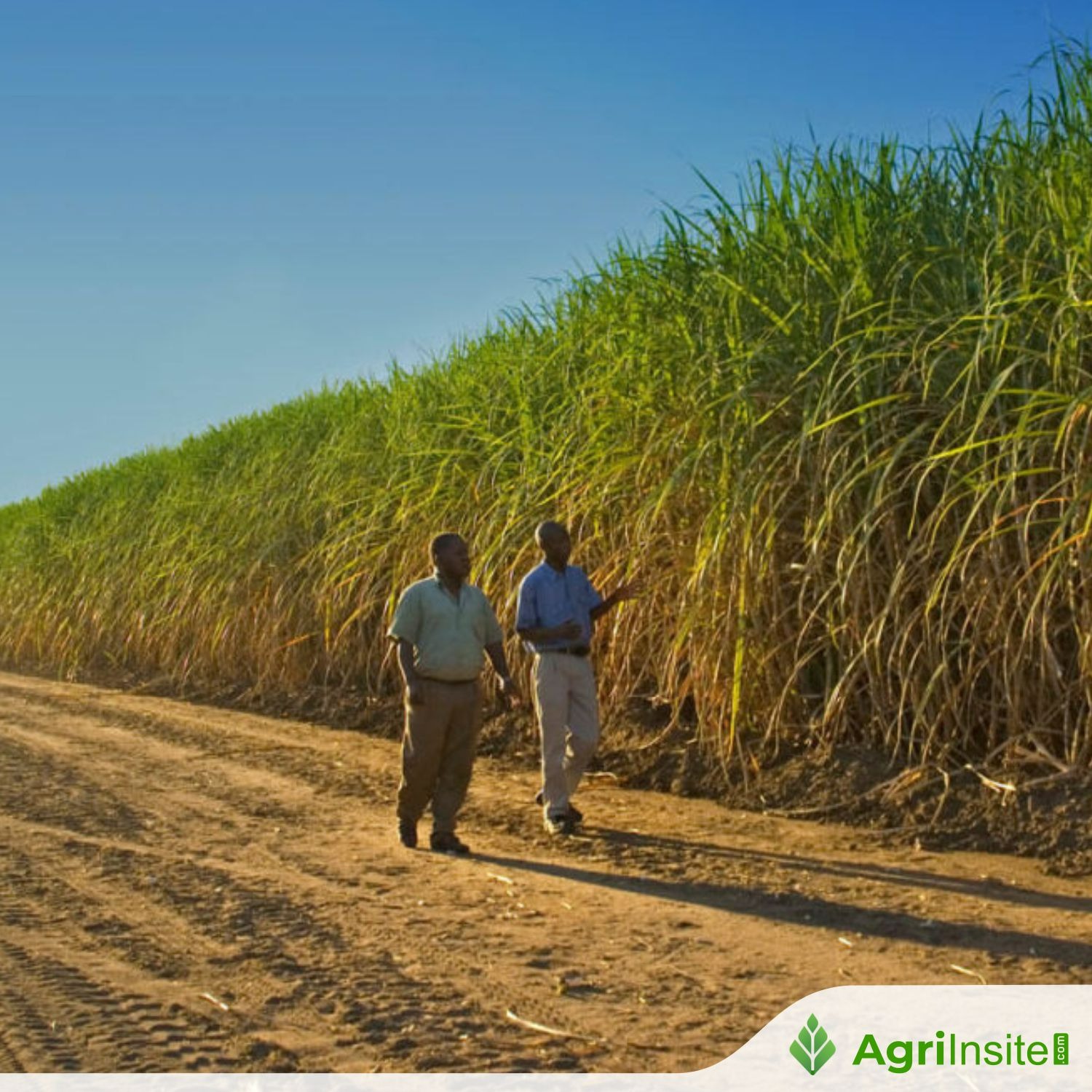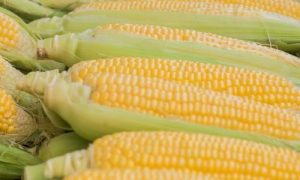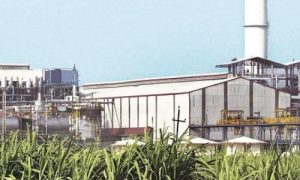South Africa Cane growers seek sustainable future and fair policies

SA Canegrowers chairman Higgins Mdluli emphasized the sugar industry’s push for diversification into sustainable aviation fuels (SAFs) and called for policy alignment to support job creation and investment. Government ministers have shown support for the industry’s sustainability efforts. However, the sugar tax remains a concern, with studies indicating significant job losses without proven health benefits. Mdluli urged the government to reconsider the tax, aligning policies for economic growth and industry viability through the Sugar Industry Value Chain Master Plan 2030.
Higgins Mdluli, the chairman of SA Canegrowers, highlights the sugar industry’s efforts in diversification and sustainability, especially through sustainable aviation fuels. He calls for policy alignment to support job creation, rural communities, and long-term investment. The sugar industry has recently seen a welcome groundswell of support from the government for its efforts to build a sustainable future for the industry. Minister of agriculture John Steenhuisen last week publicly backed industry plans for diversification, especially into sustainable aviation fuels (SAFs), in a recent media interview.
Recently, deputy ministers Zuko Godlimpi and Zoleka Capa from the department of trade, industry and competition (DTIC) and the department of agriculture, land reform and rural development (DALRRD) respectively met with sugar industry leaders and growers in KwaZulu-Natal. At the event, Godlimpi reiterated the DTIC’s support for the industry’s diversification and support efforts to preserve jobs.
Job creation – and job retention – is a critical element of the sugar industry’s long-term vision. SA Canegrowers is an association of 24 000 small-scale and 1 200 large-scale sugarcane growers, who are vital anchors of employment and stability in rural KwaZulu-Natal and Mpumalanga.
As such, we know that agricultural jobs are critical to stability in South Africa. National unemployment is at an average of over 33%, with rural areas often experiencing far higher levels of unemployment.
Lack of employment and economic opportunities lead to other social ills, as recently illustrated by the National Food and Nutrition Security Survey (NFNS), conducted by the Human Sciences Research Council on behalf of the department of agriculture. South Africa is worryingly food insecure with almost two-thirds of South Africans not having sufficient access to regular food due to a lack of financial resources.
The NFNS report recommends many interventions to combat this trend, including job creation (especially in agriculture), access to agricultural land especially for small-scale growers, and proper technical services for those who farm.
Diversification strategies for long-term sustainability
SA Canegrowers is proud of the work it and the broader sugar industry have done to address these matters. The industry has committed significant time and resources to small-scale growers and to creating mechanisms that support equitable market access.
Furthermore, the industry has worked on diversification strategies alongside government departments to ensure the long-term sustainability of the industry for both small-scale and large-scale growers.
These strategies include the development of a new value chain for sustainable aviation fuels (SAFs). Sugarcane is a promising feedstock to produce SAFs in South Africa. Should the investment and policy environment enable the local production of SAFs, South Africa could be a key strategic regional supplier of SAFs as the international transition to address their carbon footprint.
But to unlock these opportunities, South Africa requires a considered approach to policy and investment. One such approach is through the Sugar Industry Value Chain Master Plan 2030.
This compact between government and industry hopes to bring all relevant stakeholders together to achieve diversification and transformation, among other things. The first phase of the master plan ended in 2023, and a second phase is currently under discussion.
There are, however, some matters still outstanding under the first phase of the master plan, and these critical elements are essential to inform a coherent policy on sugar and the sugar industry. Critically, the promised study on the socio-economic impact of the sugar tax, and a broad dietary intake study, are needed to craft a long-term and fair view of the policy.
The impact of the sugar tax on job losses
In the recent Medium-Term Budget Policy Statement, finance minister Enoch Godongwana reconfirmed that the treasury supports the goals of the Government of National Unity, including driving inclusive growth and job creation and reducing poverty.
The health promotion levy (or sugar tax), however, has been shown to destroy jobs. A Nedlac study showed that over 16 000 jobs were lost in the sugar industry between 2018 and 2019 when the tax was first introduced.
Studies by independent agricultural economics consultancy the Bureau for Food and Agricultural Policy (BFAP) further illustrate the devastating effects of the sugar tax on canegrowers. Even if the sugar tax is maintained at its current level, land under sugarcane cultivation will decrease.
This will have an outsized effect on small-scale growers, who are often more vulnerable to price or demand shocks. BFAP modelling shows that under a continuing sugar tax regime, this decrease in sugarcane cultivation could lead to a further 10% or tens of thousands of job losses by 2031.
As of yet, no study has been able to conclusively show that the “health promotion” tax has had any positive effect on health outcomes or obesity levels in South Africa.
It was therefore welcome that minister Godongwana did not announce an adjustment to the sugar tax in October. But a firmer commitment is still needed.
Aligning government policies
There is a delicate interplay between the policy instruments of various government departments. Without any evidence to support the continuation of the sugar tax, SA Canegrowers is calling on the treasury to scrap the tax altogether.
This will protect jobs and support rural communities. It will also allow diversification to take root. Long-term investment will be required in refineries and infrastructure. Investor confidence should not be overlooked. Investors will surely be cautious of an industry where a governmental tax policy is threatening the viability of the very feedstock needed for their investment.
All government departments must align their cohesive policy positions to ensure job creation, industrialisation, and economic growth in South Africa.
To read more about Sugar Industry continue reading Agriinsite.com
Source : Foodformzansi














